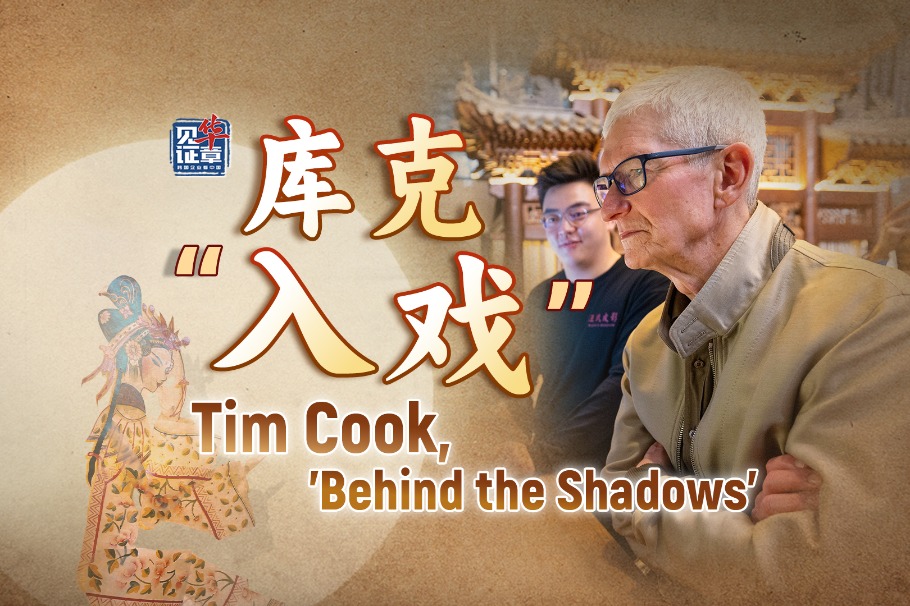China-US dialogue is emblematic for Washington's ill-advised strategy


It was the first highly anticipated China-US meeting since Joe Biden became the 46th President of the United States. To say the meeting left room for improvement would be an understatement.
Biden's Secretary of State Anthony Blinken and China's foreign policy chief Yang Jiechi met with their respective delegations in Anchorage, Alaska. However, instead of assurances, pledges for cooperation and a general lowing of the temperature between Washington and Beijing, the meeting began with US' accusations and rather chaotic scenes.
Not what one had hoped for, especially given that Biden's press secretary Jen Psaki had said before the meeting that it should lay the foundation for honest cooperation as a rival, not for conflict. Biden's National Security Advisor Jake Sullivan reiterated the idea that Washington was not looking for a conflict with China.
However, given the often-controversial comments that have emanated from the White House toward China ever since Biden inauguration, few expected the first China-US dialogue to be smooth sailing. After all, a lack of conflicting topics does not exist.
For instance, Washington continues to accuse Beijing of violating human rights of Uyghurs in Xinjiang and of Hong Kong residents, as well as for unfair trade practices, cyberattacks and an expansion in the Indo-Pacific.
On the other hand, China rejects US criticism as interference in internal affairs and, for example, calls for the punitive tariffs imposed under former president Donald Trump to be lifted. Beijing is also calling for an end to Washington's support for Taiwan.
Accordingly, the meeting began with an intensive exchange of blows between the representatives of the two countries - all in front of cameras and journalists.
Yang Jiechi responded and criticized the ailing democracy of the United States, the often-atrocious treatment of minorities and its foreign and trade policy. The US was abusing "so-called national security terms to hinder normal trade and incite some countries to attack China,"Yang Jiechi asserted.
The idea of a constructive dialogue seemed far-fetched all of a sudden. However, one must not forget that this exchange was politics for the cameras and thus the public.
Political progress is seldom made in the spotlight of TV cameras, and the mutual public condemnation should thus not automatically lead to the conclusion that the meeting was a failure in general. It is simply hard to quantify how fruitful the subsequent conversations were apart once the press representatives had left the meeting.
However, the latter notwithstanding, the meeting's opening scenes were emblematic for the Biden White House, and it marks a continuation of the subpar start Biden's administration has made in China relations.
Biden's initial plan was to improve relations with China, which had deteriorated under the previous administration of Trump and the costly trade war the latter initiated with Beijing.
After four year under Trump, Biden should have learned that mere confrontation cannot be the ultima ratio when dealing with Beijing, as Washington is no longer dealing with an inferior nation, but a rising power. Accusing China of "genocide", among other things, while being cognizant that China's dealings with the Uyghurs can hardly be labelled as such under Geneva Convention definitions, is thus merely a rhetorical attack, without substance and unfortunately also extremely counterproductive.
China is and will remain a nuclear and veto power in the UN Security Council. The world is no longer a unipolar one, and issues such as regional spheres of influence are concerned, the proliferation of nuclear weapons, energy, trade, climate or health can only be resolved together with China.
Uncompromising opposition would be to the detriment of both sides, which is why neither Washington nor Beijing can be interested in any kind of escalation.
Biden should be cognizant of this. After all, he was vice-president under Barack Obama. During his two terms in Washington, the latter worked hard to involve Beijing in international issues, prevent a conflict between the great powers, and define common interests – all instead of isolating or alienating Beijing.
Taking a chapter out of Obama's playbook might be beneficial since the way forward with China must not be based on rhetorical bomb-throwing but realpolitik and a partnership that can answer the major challenges the world faces.
Thomas O. Falk is a London-based political analyst and commentator. He holds a Master of Arts in International Relations from the University of Birmingham and specializes in US affairs.
The opinions expressed here are those of the writer and do not necessarily represent the views of China Daily and China Daily website.
If you have a specific expertise and would like to contribute to China Daily, please contact us at opinion@chinadaily.com.cn, and comment@chinadaily.com.cn.


































